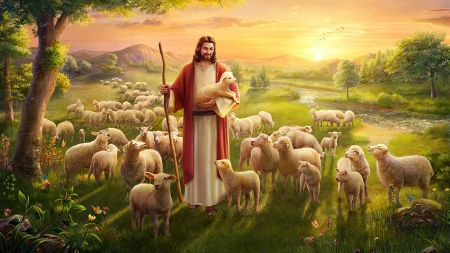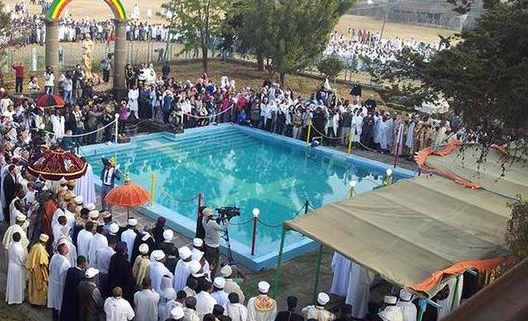“O LORD, rebuke me not in thy wrath: neither chasten me in thy burning rage,” (Psalm. 38:1)
Saint David pleading, “O LORD, rebuke me not in thy wrath: neither chasten me in thy burning rage,” (Psalm. 38:1) sequel from his suffering of GOD’s rage. Human’s evil deeds have brought rage upon them, which led to inundation of punishment. Flood, hurricane, drought, famine, plague are the signs of his rage towards heresies and sinners.


